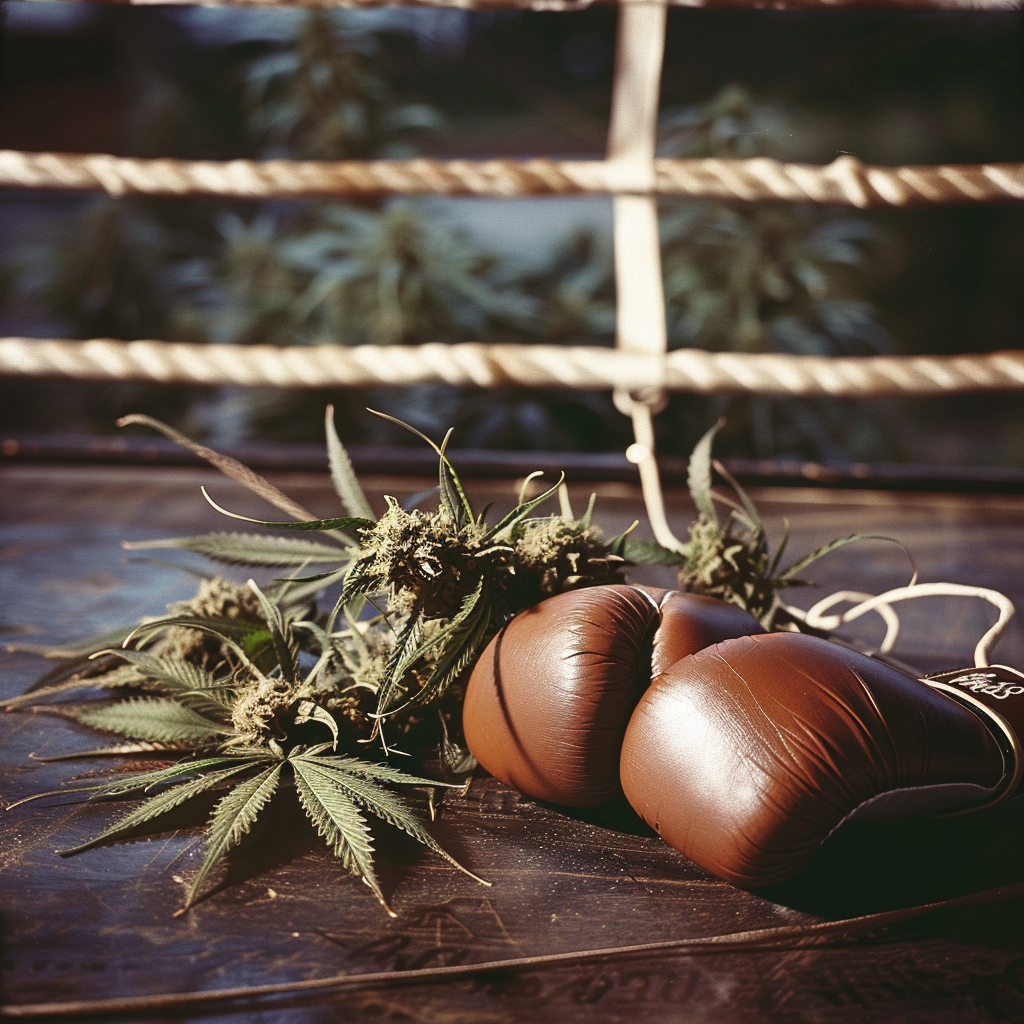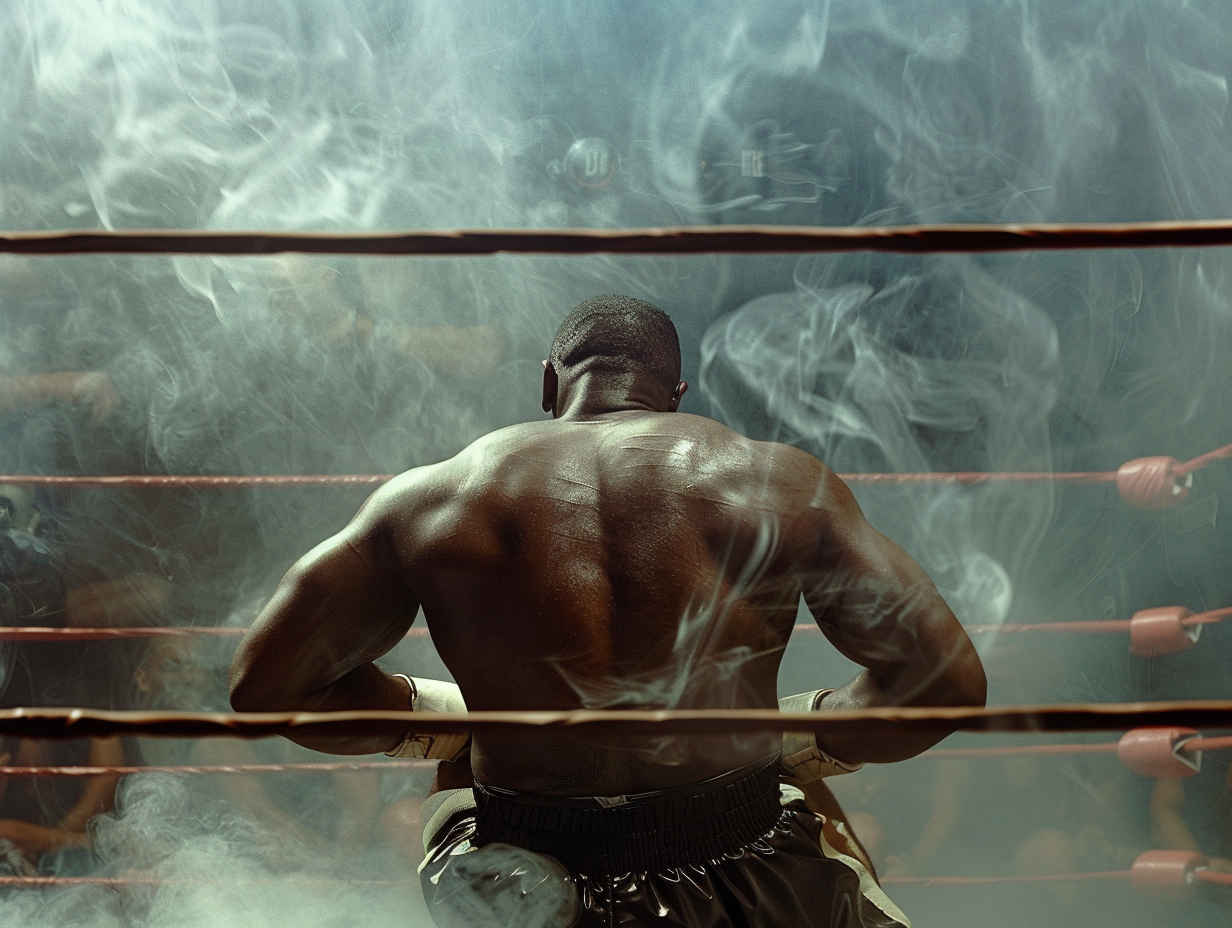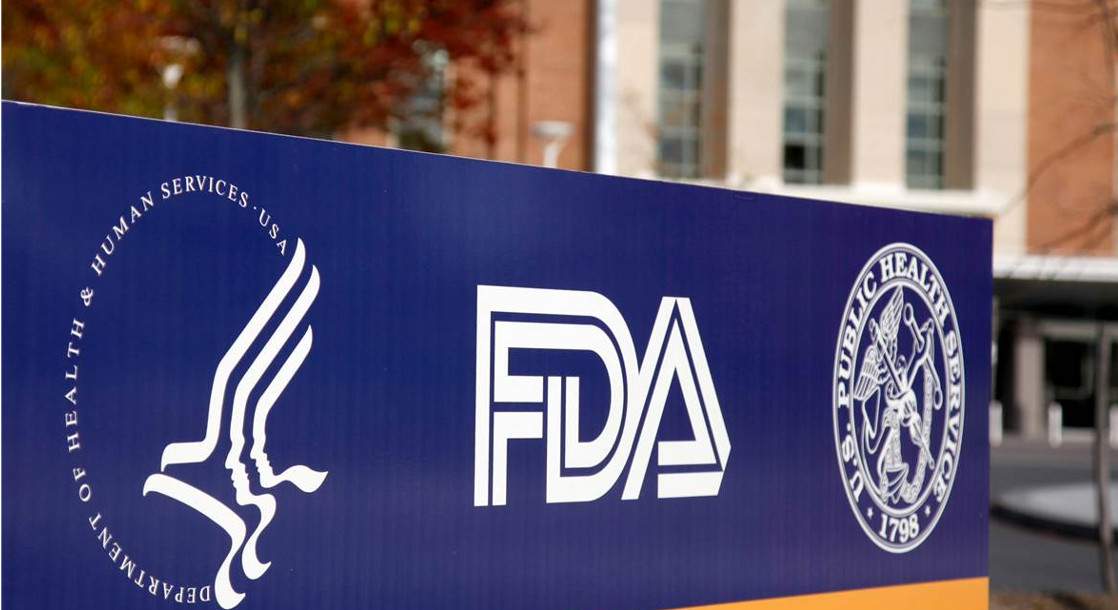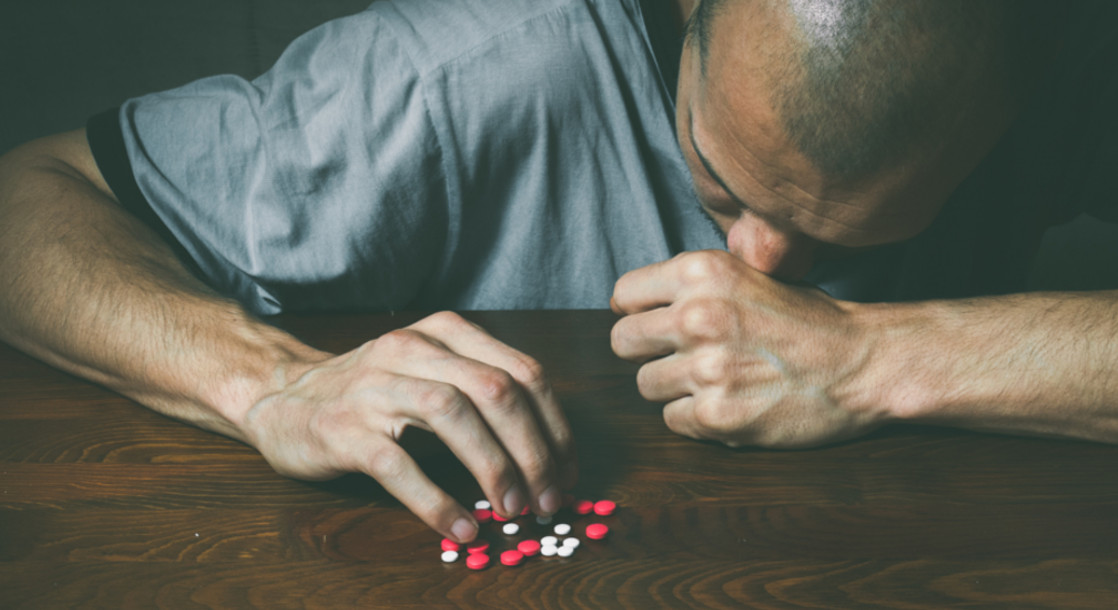Mike Tyson opts out of cannabis and sex in preparation for his upcoming bout against Jake Paul, aiming for enhanced mental clarity, faster reflexes, and better overall physical performance.
In an unexpected twist in his comeback narrative, Mike Tyson, the former heavyweight champion and a figure synonymous with both in-ring ferocity and controversial behaviors, has decided to abstain from cannabis and sex in the lead-up to his fight against Jake Paul. This decision has sparked discussions not only about the aging boxer’s commitment but also about the potential impacts on his athletic performance.
Tyson, a longtime advocate for cannabis, who even owns a cannabis ranch, is hanging up his weed gloves for the training period. His rationale aligns with traditional beliefs in combat sports that abstaining from certain pleasures can sharpen focus, increase aggression, and potentially boost physical performance.

From a scientific standpoint, the effects of quitting cannabis in the context of athletic performance are not black and white. Research on cannabis suggests that its use can have calming effects, reduce anxiety, and even aid in pain management. These benefits can be advantageous in regular life and recovery from intense physical activity. However, during training and actual sporting events, the psychoactive effects of THC—the compound responsible for marijuana’s high—could impair reaction time, motor coordination, and decision-making abilities.
For Tyson, stepping back from cannabis use might translate into clearer thinking and faster reflexes in the ring. The improved lung capacity and cardiovascular health from not smoking could also be significant, especially given the stamina required in boxing. Moreover, the psychological edge of heightened focus and mental clarity cannot be underestimated, particularly in a sport that is as mentally demanding as it is physically.
Additionally, abstaining might help with the weight management aspect of fight preparation. Cannabis is known to stimulate appetite, commonly referred to as “the munchies,” which can be counterproductive for an athlete needing to maintain or achieve a specific weight class.

While the physical benefits of quitting cannabis might play a crucial role in Tyson’s preparation, the mental and psychological impacts are equally compelling. The discipline required to give up a habitual practice could translate into better discipline in training and fighting strategies.
As fight night approaches, all eyes will be on Tyson not just for his legendary punching power but also for the impact of his lifestyle changes. Whether this abstinence from cannabis and other distractions leads to a significant improvement in his performance remains to be seen. However, this strategy underscores an often overlooked aspect of athletic competition: sometimes, what an athlete refrains from doing is just as important as their training regimen.











